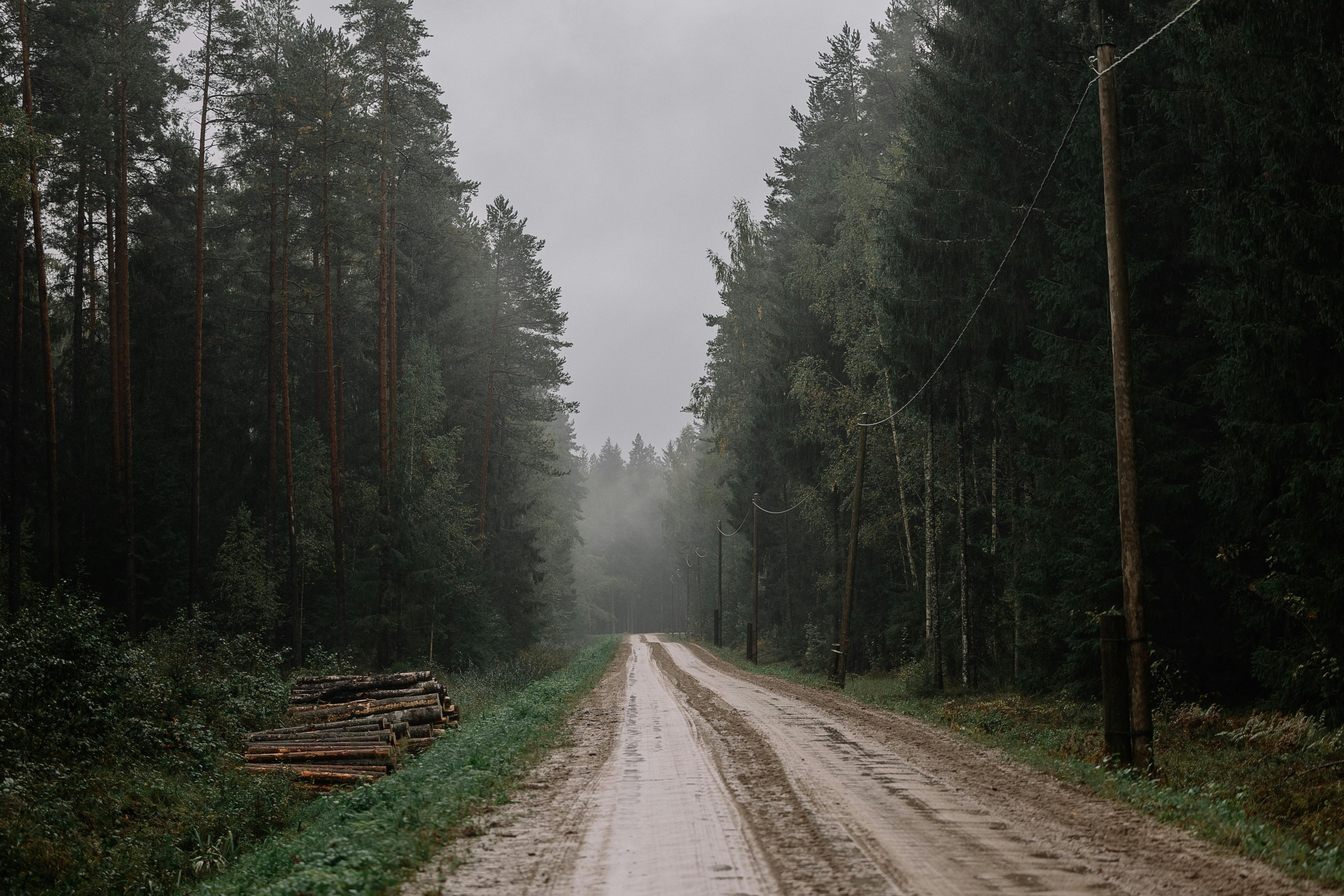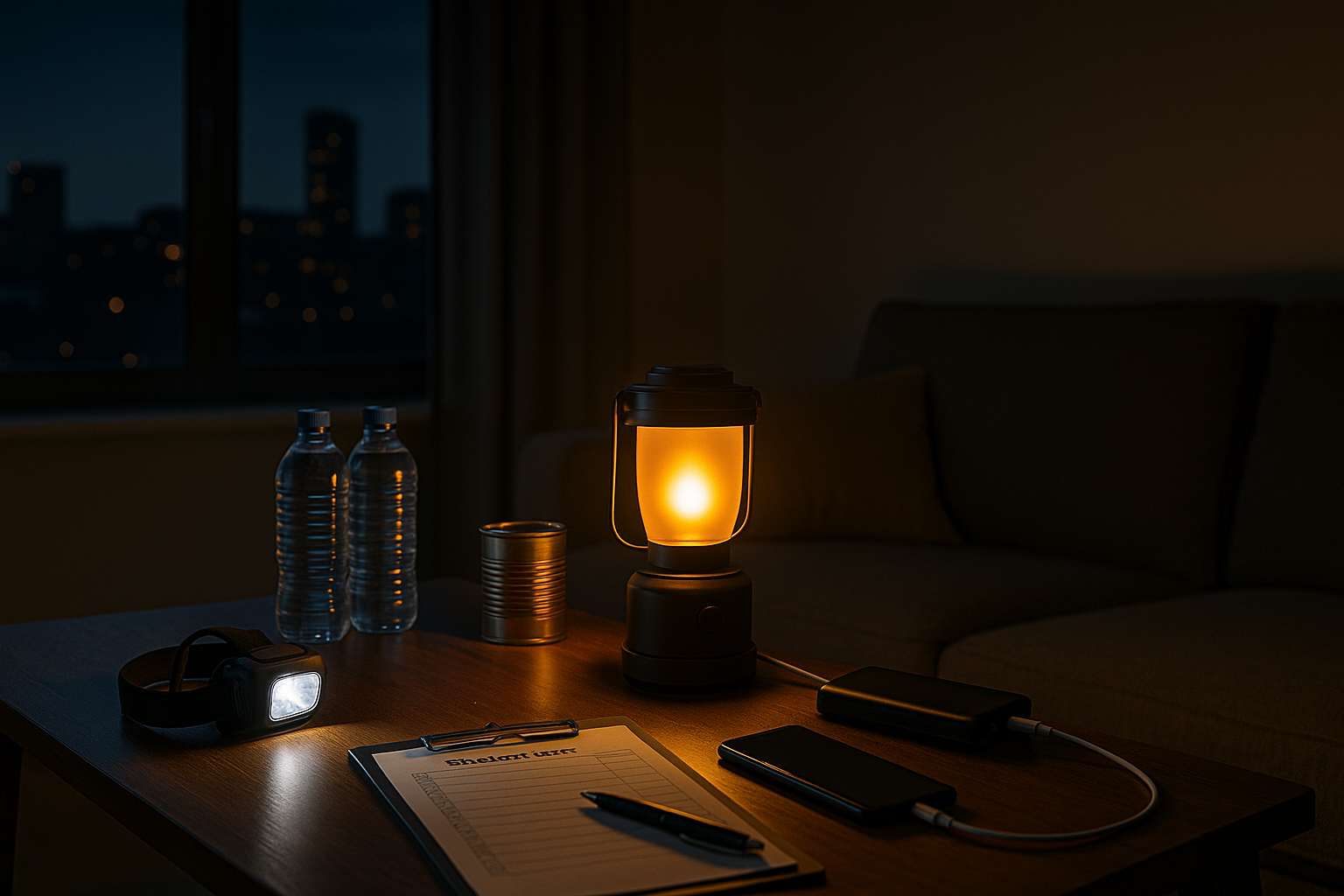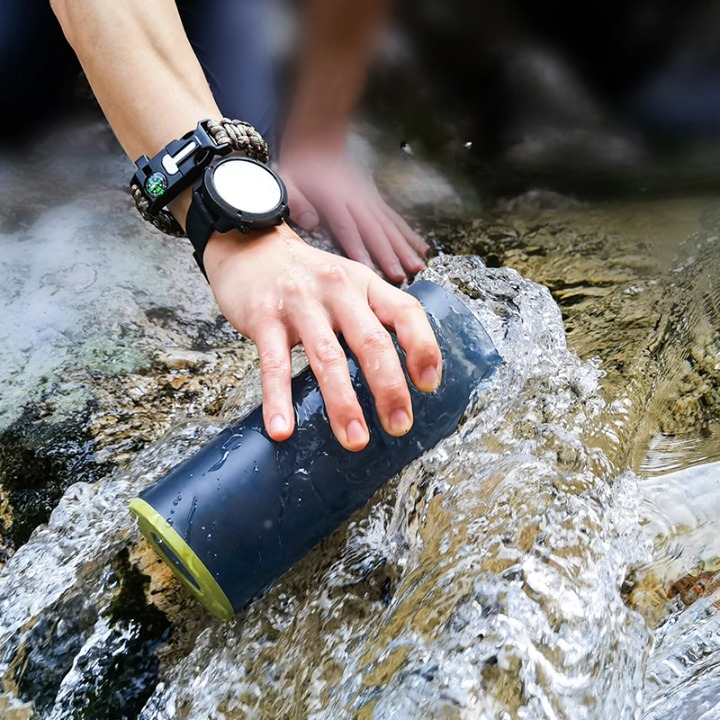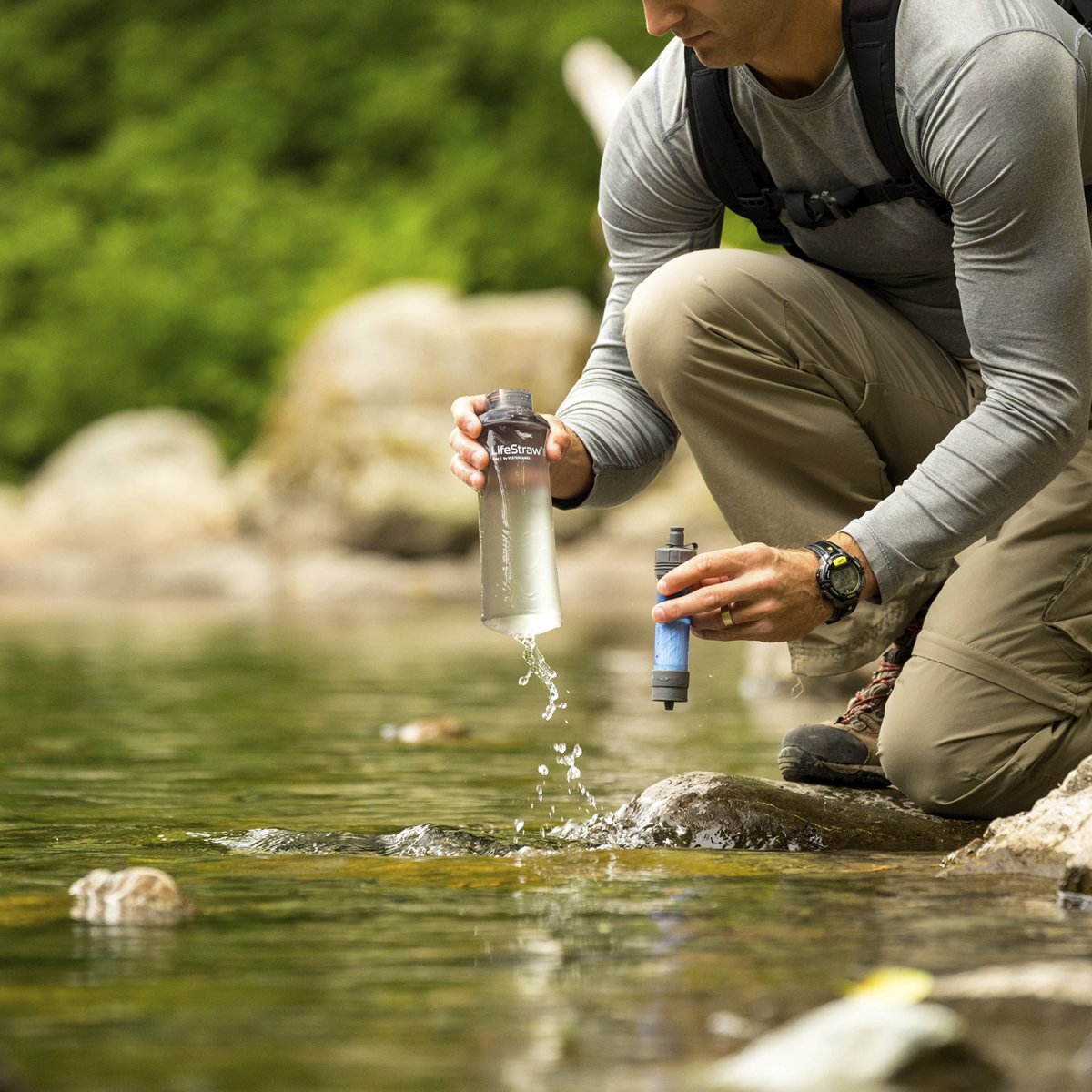For novice survivalists, an adventure in the wilderness can quickly become a challenge if they are not properly prepared. Here are 10 common mistakes that are often made, and how to avoid them with the right gear and knowledge.
1. Underestimating the weather conditions
Many beginners venture into the wild without checking the weather forecasts thoroughly. The weather in the wilderness can change quickly, from sunny to stormy in a matter of hours.
- Solution : Always have waterproof and windproof clothing, regardless of the season. A compact raincoat or insulated jacket can protect you from unexpected cold or rain. Also, don't forget to bring a thermal blanket as an emergency measure.
2. Not Knowing How to Make a Fire
A common problem for beginners is not being able to light a fire, especially in wet or windy conditions. Fire is essential for warmth, cooking and purifying water.
- Solution : Always carry a fire starter or waterproof matches . They are more reliable than lighters, especially in challenging weather conditions. Learning a few fire-making techniques beforehand can also be a lifesaver.
3. Misuse of a Compass or Map
Navigation in the wilderness can be difficult, especially if you don’t know the basics of map reading and using a compass. This can lead to getting lost, which is risky in unfamiliar terrain.
- Solution : Purchase a reliable compass and topographic map of the area you are hiking in. Take the time to learn how to use them properly. Some navigation systems combine a compass and GPS , which can provide additional security.
4. Unable to Find or Purify a Water Source
Beginners often forget that clean drinking water is essential, especially on longer trips. Relying on natural water sources without purification can lead to health problems.
- Solution : Use a water filter or water purification tablets to make water from rivers and streams safe to drink. A collapsible water bottle can also be handy for storing purified water during your trip.
5. Bringing a Backpack That's Too Heavy
Many beginners take too much gear, which leads to a heavy backpack and rapid fatigue. This can slow down the speed of your hike and make you more susceptible to accidents.
- Solution : Use a lightweight backpack and focus on essential, multi-functional gear. Make a packing list in advance and avoid unnecessary items. There are special ultralight tents and sleeping bags that you can take with you without adding weight.
6. Wrong Footwear
Many beginners choose the wrong shoes for their adventure, which can lead to blisters, sore feet or even sprains on uneven ground.
- Solution : Invest in a good pair of hiking or walking boots that are suitable for the terrain. Make sure they are waterproof and offer adequate support. Don’t forget to pack extra antibacterial socks to prevent blisters.
7. Lack of Knowledge of First Aid
Minor injuries such as cuts, sprains or insect bites can quickly become more serious if you don't know how to provide first aid.
- Solution : Carry a compact first aid kit and learn the basics of first aid. A first aid kit with wound cleansing, bandages, and insect repellent is a must for any survivalist.
8. No Preparation for the Night
Many beginners underestimate how cold it can get at night, even in warm climates. This can lead to hypothermia or a sleepless night.
- Solution : Make sure you have an insulated sleeping bag that is suitable for the temperatures in your overnight area. A sleeping mat can also help to insulate you from the cold ground.
9. Not Bringing Enough Food
Misjudging the amount of food you need can lead to energy loss or even exhaustion, especially on longer treks.
- Solution : Pack lightweight, nutritious food such as dehydration meals and energy bars . These are specially designed for adventure trips and provide the necessary calories without adding much weight.
10. Do not include any signaling methods
In an emergency, it can be difficult to call for help if you don't have any signaling equipment. Many beginners forget this essential piece of equipment.
- Solution : Carry a whistle or signal mirror with you so you can attract attention in case of emergency. A personal locator beacon (PLB) can be a lifesaver if you get lost or injured.
Conclusion: By avoiding these common mistakes and bringing the right gear, you can be better prepared for the wilderness. For every challenge, there is a product that can help you survive safely and comfortably. Visit our store for the best survival gear and get ready for your next adventure!







Share:
Bushcraft Basics